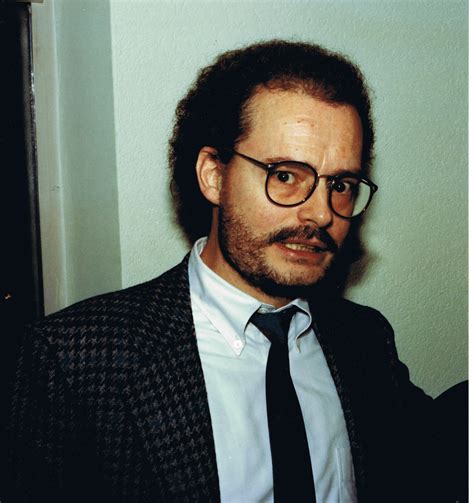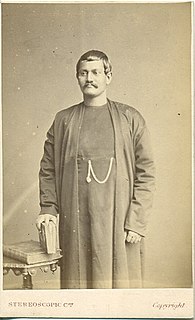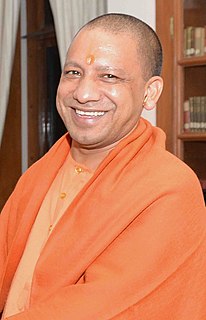A Quote by Neel Mukherjee
The Naxalite revolution - an ultra-left Maoist movement - in Bengal, and elsewhere in India, in the late 1960s provides one strand of 'The Lives of Others.'
Related Quotes
Bombay is far ahead of Bengal in the matter of female education. I have visited some of the best schools in Bengal and Bombay, and I can say from my own experience that there are a larger number of girls receiving public education in Bombay than in Bengal; but while Bengal has not come up to Bombay as far as regarded extent of education, Bengal is not behind Bombay in the matter of solidarity and depth.
I believe that a revolution can begin from this one strand of straw. Seen at a glance, this rice straw may appear light and insignificant. Hardly anyone would believe that it could start a revolution. But I have come to realize the weight and power of this straw. For me, this revolution is very real.
I was a young woman who had grown up in the mountains of Montana as a Protestant Methodist in a pretty good social gospel tradition. I became fascinated with the religious lives of others who seemed also to be very religious, yet in ways that were quite different from my own. That fascination led to relationships, in India and elsewhere, with families of Hindus, of Muslims, of Sikhs, and a lot of study.
I think that most people don't think in terms of an American revolution, they think in terms of a Russian revolution, or even a Ukrainian revolution. But the idea of an American revolution does not occur to most people. And when I came down to the movement milieu seventy-five years ago, the black movement was just starting, and the war in Europe had brought into being the "Double V for Victory" [campaign]: the idea was that we ought to win democracy abroad with democracy at home. And that was the beginning of an American revolution, and most people don't recognize that.






































